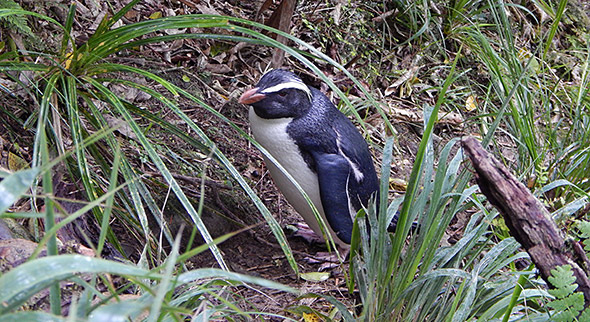-
Recent Posts
Archives
- October 2025
- May 2024
- March 2024
- July 2023
- November 2022
- October 2022
- September 2022
- August 2022
- March 2022
- February 2022
- December 2021
- November 2021
- October 2021
- June 2021
- April 2021
- February 2021
- October 2020
- April 2020
- March 2020
- February 2020
- September 2019
- June 2019
- September 2018
- August 2018
- February 2018
- January 2018
- October 2017
- September 2017
- June 2017
- May 2017
- March 2017
- February 2017
- January 2017
- December 2016
- November 2016
- October 2016
- September 2016
- July 2016
- June 2016
- May 2016
- April 2016
- March 2016
- February 2016
- September 2015
- November 2014
- October 2014
- September 2014
- August 2014
- June 2014
Categories


